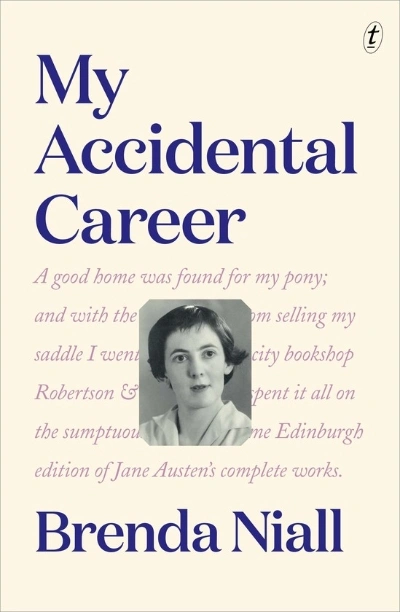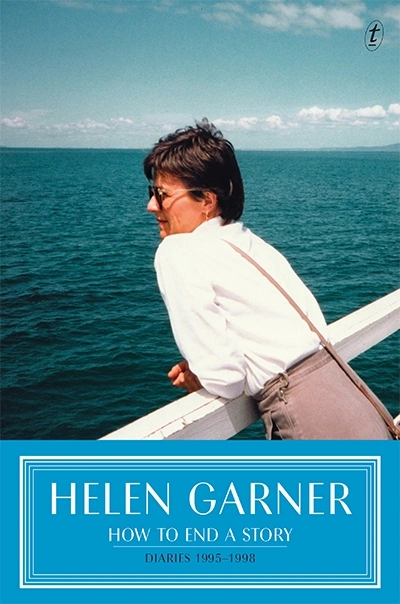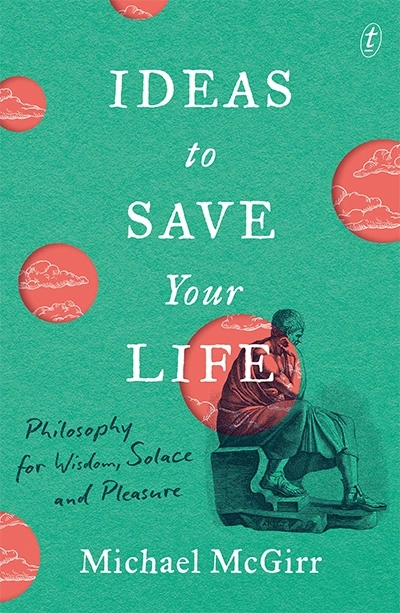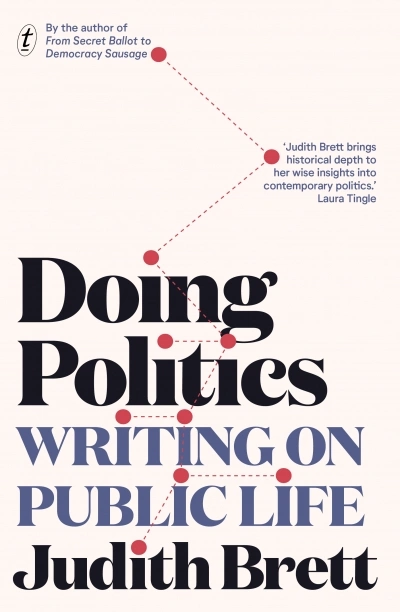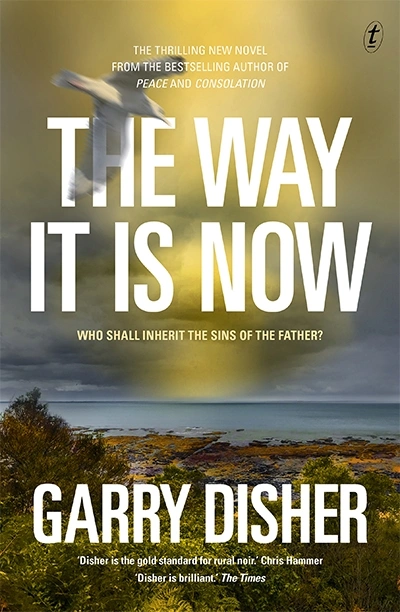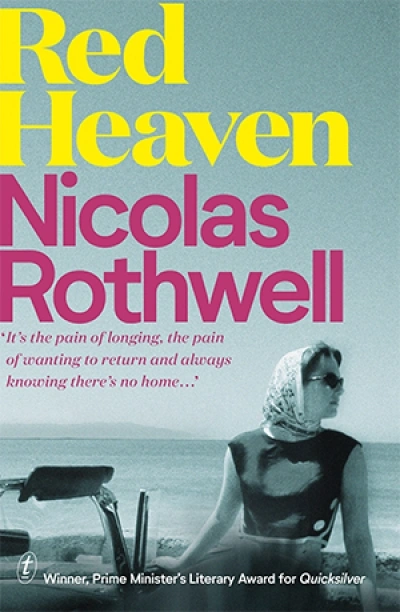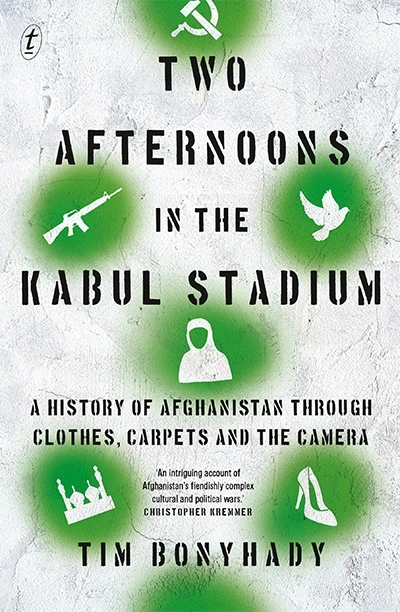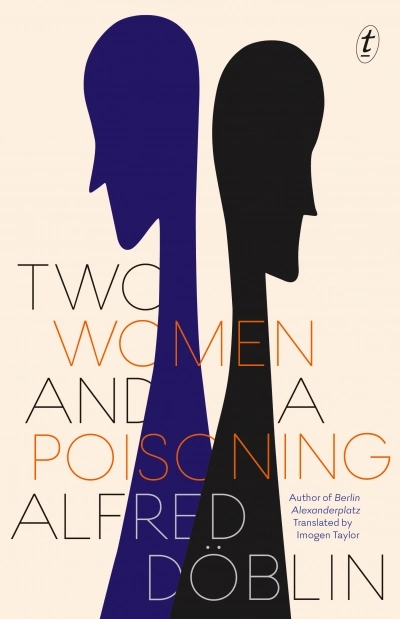Text Publishing
When Anne Shirley dreamed of finding a ‘bosom friend’ in Avonlea, she did more than conjure Diana Barry into existence. The heroine of Lucy Maud Montgomery’s Anne of Green Gables (1908) imprinted on us an almost impossible standard for what to expect from our earliest female friendships: a lifelong source of joy sustained by a mutual devotion to each other’s best interests. More often than not, however – as the popularity of Elena Ferrante’s Neapolitan novels attests – childhood friendships are as complicated as any other. And when they rupture, whether through accident, argument, or design, the aftershocks can last well into adulthood.
... (read more)How to End a Story: Diaries 1995–1998 by Helen Garner
Ideas to Save Your Life: Philosophy for wisdom, solace and pleasure by Michael McGirr
Two Afternoons in the Kabul Stadium: A history of Afghanistan through clothes, carpets and the camera by Tim Bonyhady
By the end of Hugh Breakey’s The Beautiful Fall (Text, $32.99 pb, 349 pp), it is hard to remember that the prologue hinted at stimulating possibilities. In it, Robbie’s past self writes to his present one, explaining that he suffers from recurring amnesia, which strikes every 179 days. Readers could be mistaken for thinking they are in for meditations on time and memory, maybe even on the meaning of a life lived episodically. When it is revealed that Robbie is building an intricate arrangement of 83,790 dominoes in his living room, readers might even imagine a novel that touches on metaphysical themes in the vein of Jorge Luis Borges.
... (read more)

